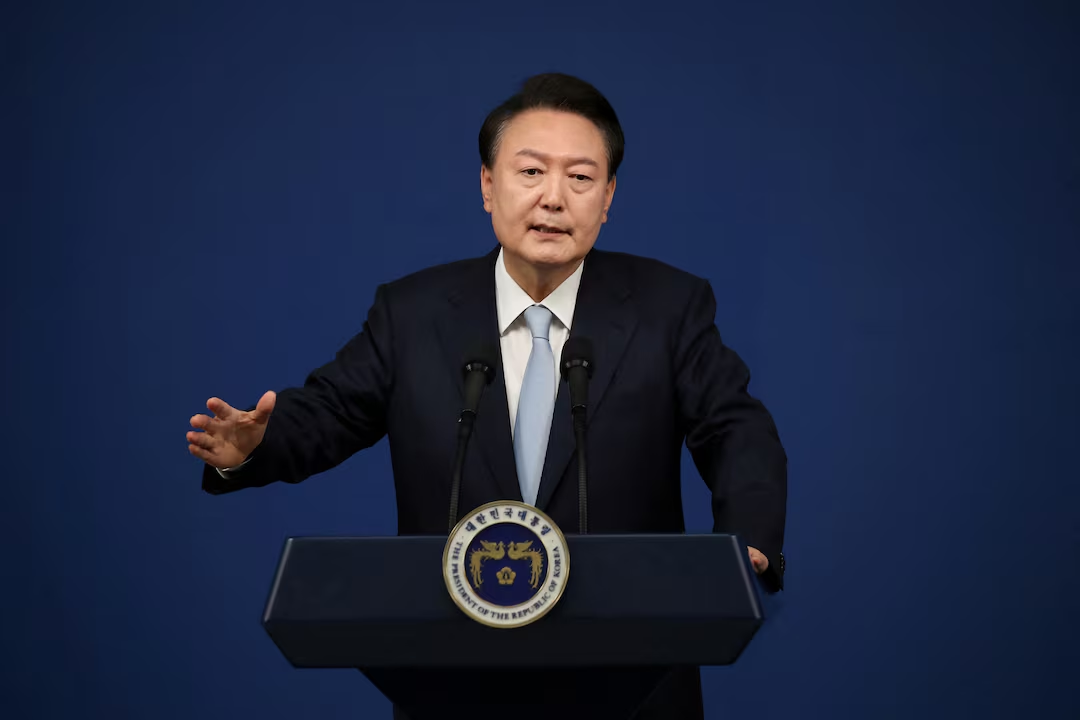
In today’s fast-paced and competitive business environment, companies are increasingly turning to fractional executives—part-time Chief Financial Officers (CFOs), Chief Technology Officers (CTOs), and other C-suite leaders—to bring specialized expertise without the need for full-time commitments. This innovative model of leadership is reshaping corporate strategies across industries.
Fractional executives are seasoned professionals who step into organizations for specific durations or projects, offering their skills and experience on a flexible basis. This model is particularly beneficial for startups and small-to-medium enterprises (SMEs) that may not have the budget or continuous need for full-time senior leadership. Instead, they can access high-level strategic insights for critical decision-making, such as scaling operations, refining financial strategies, or implementing technological upgrades.
The growing demand for fractional leadership is driven by several factors:
- Cost-Effectiveness: Hiring full-time executives is a significant financial commitment, often including salaries, bonuses, and benefits. Fractional executives provide a cost-efficient alternative, as businesses pay only for the time or expertise required.
- Agility: Companies can bring in experts tailored to specific challenges or growth phases, whether it’s managing mergers, introducing new technologies, or expanding into global markets.
- Access to Expertise: Many fractional executives are industry veterans with years of experience, offering insights that might be otherwise inaccessible to smaller businesses.
Tech companies, in particular, have embraced fractional CTOs to guide digital transformation initiatives. Similarly, financial restructuring efforts frequently involve fractional CFOs to ensure financial health and compliance during crucial transitions.
However, the model does have limitations. Critics argue that part-time executives may lack the deep immersion required to fully understand a company’s culture and long-term goals. To mitigate this, businesses often complement fractional executives with strong internal teams for day-to-day operations.
As the gig economy continues to expand, fractional leadership is expected to become a cornerstone of modern business strategies. By blending flexibility with expertise, this trend offers a sustainable pathway for organizations to navigate the complexities of today’s markets.








